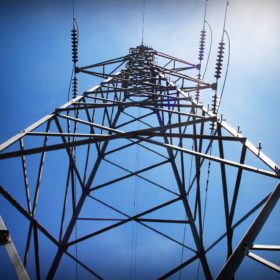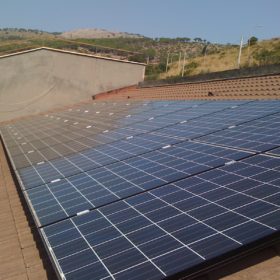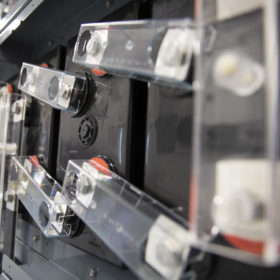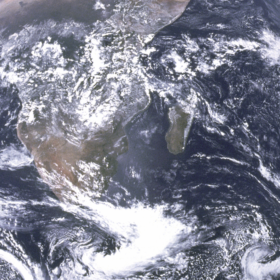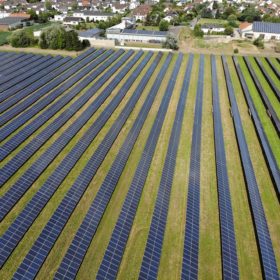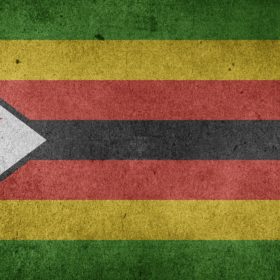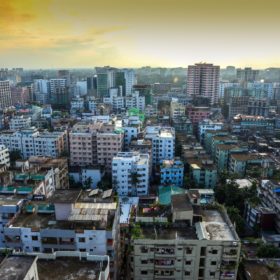Renewables can avoid crippling LNG and coal subsidy bill for Bangladesh
U.S. thinktank the Institute for Energy Economics and Financial Analysis says the nation should reorder its power network to harness cheap, modular renewables after existing power station overcapacity was worsened by plunging electricity demand during the Covid-19 shutdown.
Norway deployed 51 MW of solar in 2019
The figure took the nation to a cumulative 120 MW at the end of the year, according to figures published by Norwegian solar industry organization the Solenergiklyngen. Around 2 MW of the capacity added in 2019 came in the form of off-grid projects.
Borehole thermal energy storage for solar
The municipality of Drammen, Norway, has started testing a seasonal PV storage project that uses boreholes in the ground. The operators of the project are using electricity from PV modules to produce heat via a CO2 heat pump and outdoor air. The heat is produced by the CO2 pump during the spring, summer and fall, in addition to heat produced by solar thermal collectors.
Italian homeowners can now install PV systems for free
The Italian government has raised the tax breaks it offers for building renovations and energy-requalification projects – potentially including storage-backed rooftop PV systems – to 110%. The new measure is part of the Relaunch Decree, which is a package of guidelines aimed at reviving the Italian economy in response to the Covid-19 crisis.
Three signs that battery energy storage is mainstream today
With the inclusion of battery energy storage into new building codes and safety standards, it’s obvious just how mainstream storage is today.
Covid-19 weekly round-up: US job losses raise concern but France and China continued to add new solar
Cell supply shortages could kick-start manufacturing activity in India, EV car sales are braced for a fall while still gaining market share and a new date has been set for the world’s biggest solar trade show.
France added 176 MW of solar in first three months of the year
Quarterly new additions were 15% lower than in the October-to-December window. The France Territoire Solaire thinktank said the lower volumes could be explained by the initial impact of the coronavirus crisis.
China added almost 4 GW of solar in first quarter despite Covid-19
The world’s solar superpower saw the amount of new capacity added in the first three months of the year fall 24% from the same period of 2019 as 1.75 TWh of solar electricity was curtailed, but the National Energy Administration expects both statistics to improve as China exits the public health crisis.
Zimbabwe launches smart-meter-led net metering and 500 MW solar tender
Utility the Zimbabwe Electricity Distribution Company has offered solar power system-owning customers the chance to operate under new net metering rules. The state-owned utility has also started tendering for a total 500 MW of solar generation capacity, according to Reuters.
Bangladeshi solar installers call for waiver of state loans
Installers which took advantage of cheaply-priced government finance say customers affected by the Covid-19 crisis cannot afford to pay for the solar home systems they have rolled out while expanding renewables programs.
